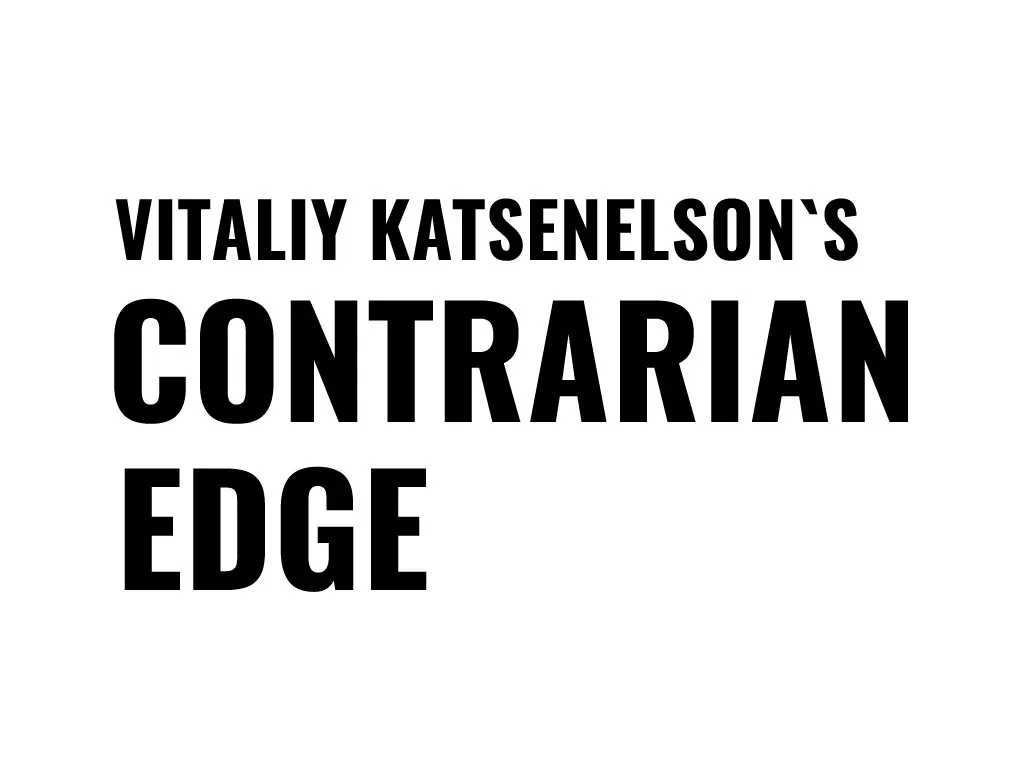October 6, 2004 – TheStreet.com: Street Insight
- Rising interest rates, incentives, and declining profit margins are swirling around the automakers.
The perfect storm is brewing on the horizon for the automotive industry and, unfortunately, the industry will be unable to dodge it. It will have dire consequences on this already over-leveraged, mismanaged and over-unionized industry. So far, the autos have been able to postpone their date with destiny and even managed to maintain profitability, however this postponement was largely driven by incentives that carry a heavy price: future profitability.
The three components of the storm are: rising interest rates, incentives, and declining profit margins.
Low interest rates won’t remain low forever.
Aside from the mortgage and housing industries, I cannot think of another industry that has benefited as much from the low-interest-rate environment as the automotive industry. Several days ago, General Motors (GM:NYSE) announced six-year 0% financing for its trucks and SUVs (Ford (F:NYSE) followed with similar promotions promptly), thus saving the consumer $6,645 over a six-year period on a $35,000 SUV (assuming 5.9% interest rate that the consumer would pay otherwise).
Since the consumer is leveraged, overleveraged and then leveraged some more, GM had to stretch its loans to six years thus making their more expensive vehicles more affordable to consumers. However, six-year loans created a substantial problem for the automotive industry in the long run — consumers will likely hold on to their cars longer. Thus, this selling tactic is stealing from future sales for years to come.
A lot of hopes in the automotive world are placed on the improving economy. However, an improved economy will bring higher interest rates, hurting an already feeble consumer, which in turn will offset any benefit gained from an improved economic climate. Also, higher interest rates will make 0% finance subsidies more costly to auto companies, in the absence of which demand would definitely suffer.
Incentives will have a lasting impact on consumer behavior.
Automotive manufacturers are giving out incentives as if they were going out of style; well, actually 2004 cars are going out of style. My coworker just bought a 2004 Ford Explorer and received $8,500 worth of incentives, which is close to 25% of the $34,500 sticker price. In addition, she was able to finance it 5.9% for six years, which is still a very low interest rate by historical standards.
Incentives are very addictive (though I don’t expect tobacco-like lawsuits anytime soon) and will be impacting consumer behavior for a long time. Incentive abstinence will be driving demand down unless automotive companies can do something they have not done in years (especially the big three): come up with innovative cars that consumers want to buy in the absence of promotions.
Incentives are also having unintended consequences on the used-car market, accelerating depreciation of used cars and making leases very unappealing, a very important factor since leases have gained popularity with the consumer over the last five years.
Margins will be compressing from the changing product mix and rising costs.
High gasoline prices are pushing consumers to smaller and cheaper cars, which are a lot less profitable for automotive companies than gas-hungry SUVs and trucks. Federal Reserve data suggests that the average price of vehicles financed has dropped to a 16-month low.
If that was not enough, automotive companies are facing substantial price inflation on three fronts:
- Oil prices. Dow Chemical (DOW:NYSE) the (largest supplier of plastics and adhesive to the auto industry) has demanded 25-40% price increases from its customers, citing that it cannot cut costs fast enough to compensate for rising oil prices. Dow threatened that if customers do not amend long-term contracts, it will cut R&D for those customers’ products.
- Steel prices have doubled since January due to enormous demand from China. It is very unlikely that long-term contracts that have protected this industry in the past will remain intact this time.
- Healthcare costs – automotive companies will have a hard time fully passing rising health care costs on to their employees due to the very contentious relationship they have with their unions.
The three major forces mentioned above have created a perfect storm. It has been in the works for a long time and we believe the magnitude of its impact on automotive companies and their suppliers will be very dramatic. The high-fixed-cost nature of the business will encourage those companies to keep the incentives going even at the point where they are losing money on every car sold. On the other hand, losing money is something to which the auto industry is very accustomed .
Aside from the attractive dividend, I cannot see a single reason why anybody would want to own automotive stocks and especially in this environment (our company, through the 25 years of its existence, has never owned an automotive stock). And though the dividend looks very secure right now, earnings do not, so if you have not checked your automotive stock lately, check again.
Side note: Looking through GM’s financials, GM is losing money in the manufacturing segment, as all of its profits come from its finance arm. I am not sure what impact higher interest rates will have on its finance subsidiary, however, if owned the stock I would definitely want to find out.
Vitaliy N. Katsenelson, CFA
Copyright TheStreet.com 2004









0 comments